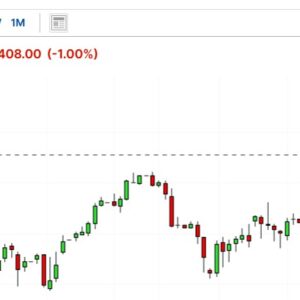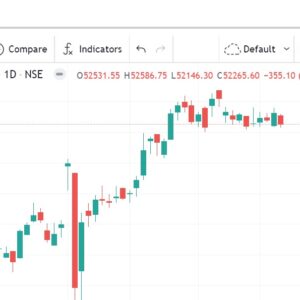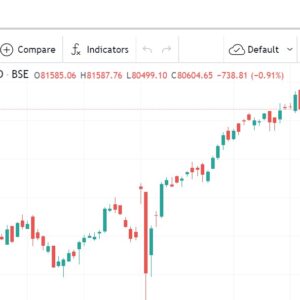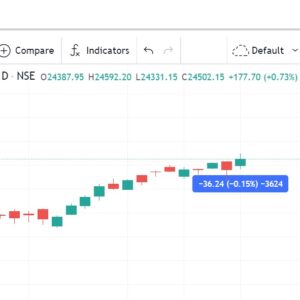ONGC Share Full Analysis 16th April 2024
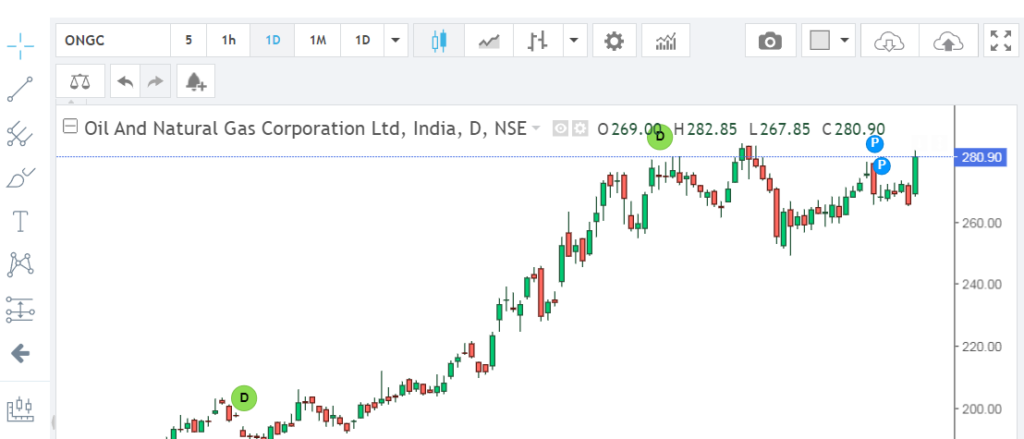
Introduction to ONGC
Oil and Natural Gas Corporation Limited (ONGC) is India’s largest oil exploration and production company, with a significant presence in the energy sector. Established in 1956, ONGC has played a pivotal role in India’s energy security and is a key contributor to the nation’s economic growth.
Overview of ONGC’s Share Performance
ONGC’s shares are listed on major stock exchanges, including the National Stock Exchange (NSE) and the Bombay Stock Exchange (BSE). Investors closely monitor ONGC’s share price movements, as they reflect the company’s financial health and market sentiment.
Analysis of ONGC’s Financial Performance
Revenue and Profit Trends
ONGC’s financial performance is influenced by factors such as oil prices, production volumes, and operational efficiency. Despite fluctuations in oil prices, ONGC has maintained steady revenue and profitability over the years.
Debt Levels
ONGC has a conservative approach to debt management, with a focus on maintaining a healthy balance sheet. The company’s low debt levels provide stability and resilience, even in challenging market conditions.
Cash Flow Analysis
Cash flow analysis is essential for evaluating ONGC’s financial strength and liquidity. ONGC generates robust cash flows from its operations, enabling it to fund exploration and development activities while rewarding shareholders through dividends.
Factors Influencing ONGC’s Share Price
Oil Prices
As an oil and gas company, ONGC’s share price is closely linked to global oil prices. Fluctuations in oil prices impact ONGC’s revenue and profitability, affecting investor sentiment and share price movements.
Government Policies
Government policies and regulations, particularly in the energy sector, significantly influence ONGC’s operations and share price. Changes in tax regimes, licensing policies, and environmental regulations can impact ONGC’s profitability and investment attractiveness.
Exploration and Production Activities
ONGC’s exploration and production activities play a crucial role in determining its share price. Successful exploration efforts, coupled with efficient production operations, enhance ONGC’s reserves base and long-term growth prospects.
SWOT Analysis of ONGC
Strengths
- Strong Reserves Base
- Technological Expertise
- Government Backing
Weaknesses
- Vulnerability to Oil Price Volatility
- Operational Challenges
- Regulatory Risks
Opportunities
- Expansion into Renewable Energy
- Strategic Partnerships
- Global Exploration Opportunities
Threats
- Competition from International Players
- Environmental Concerns
- Geopolitical Risks
Recent Developments and News Impact
Recent developments, such as new discoveries, strategic partnerships, and regulatory changes, can impact ONGC’s share price and investor sentiment. News regarding ONGC’s operational performance and future growth prospects also influences market dynamics.
Technical Analysis of ONGC Shares
Technical analysis involves studying historical price and volume data to identify patterns and trends in ONGC’s share price movements. Technical indicators such as moving averages, relative strength index (RSI), and MACD provide insights into market sentiment and potential price directions.
Investor Sentiment and Market Outlook
Investor sentiment towards ONGC is influenced by a combination of fundamental and technical factors, as well as broader market trends. Despite short-term fluctuations, long-term investors remain optimistic about ONGC’s growth potential, driven by its strong fundamentals and strategic positioning in the energy sector.
Conclusion
In conclusion, ONGC’s share analysis on April 16th, 2024, provides valuable insights into the company’s financial performance, market dynamics, and growth prospects. By understanding the factors influencing ONGC’s share price, investors can make informed decisions and navigate market volatility effectively.
FAQs
- **Is ONGC a profitable investment?
- ONGC has a track record of profitability, supported by its strong reserves base and operational expertise. However, investors should consider factors such as oil price volatility and regulatory risks before investing.
- **How does ONGC’s share price correlate with oil prices?
- ONGC’s share price is closely correlated with global oil prices, as fluctuations in oil prices directly impact the company’s revenue and profitability.
- **What are the key growth drivers for ONGC?
- Key growth drivers for ONGC include exploration success, production efficiency, strategic partnerships, and expansion into renewable energy.
- **How does government policy affect ONGC’s operations?
- Government policies and regulations, particularly in the energy sector, can influence ONGC’s operations through changes in taxation, licensing, and environmental standards.
- **What is ONGC’s dividend policy?
- ONGC has a consistent dividend policy, aiming to distribute a portion of its profits to shareholders while retaining funds for future growth and investment.
